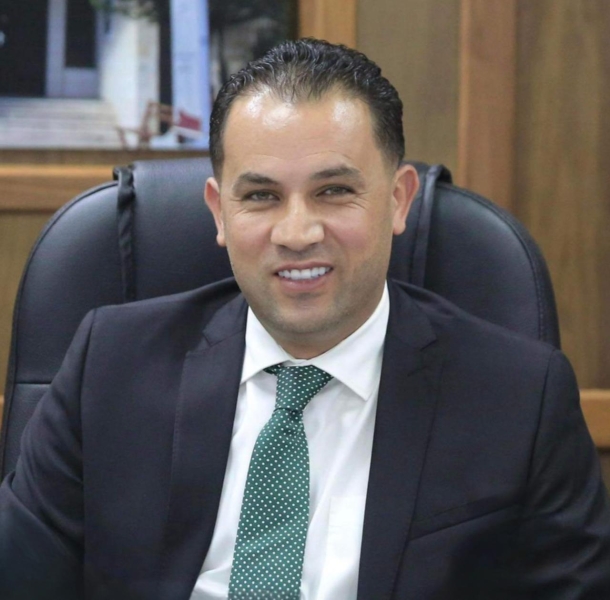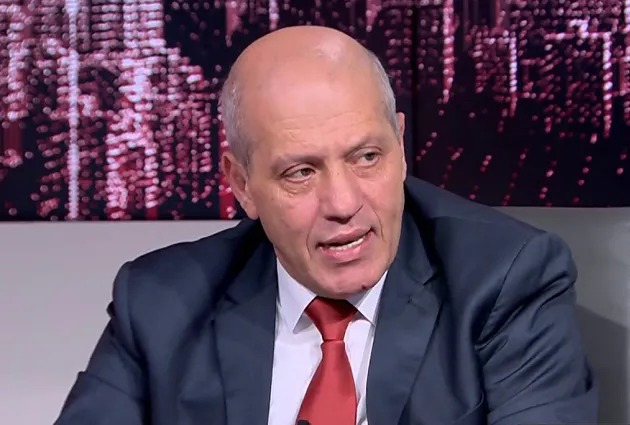Ghunaimat writes: The next House of Representatives is facing a “trust test”... and these are its most prominent features

Talal Ghunaimat: A New Chapter in Jordan's Parliamentary Dynamics
The preliminary results of yesterday's parliamentary elections reveal that the upcoming parliament will be a battleground for political parties, particularly when it comes to forming alliances that will dominate legislation, laws, and decision-making. According to the results, two key parties are set to take center stage in these alliances: the Islamic Action Front Party and the Mithaq Party, which secured the largest share of seats.
Observers note that many voters exercised what could be called "punitive voting" against certain parties, as these parties failed to mature, present realistic programs suitable for the current phase, or nominate credible figures capable of effectively participating in parliamentary work.
The role of many new faces in parliament, whose performance will be closely scrutinized, is expected to be significant, especially as they take their seats for the first time. Additionally, the identity of the parliamentary speaker and "first-tier leadership" within the council is expected to heat up the political scene. The next parliament faces a critical test: its ability to change the prevailing perception of weak parliamentary performance and bridge the gap in Jordanians' trust in the institution. While this is undoubtedly a challenging task, it is not impossible if political parties can foster a collective and programmatic working rhythm that reflects positively on the council's overall image and performance.
This effort is particularly significant as it lays the foundation for a new future in parliamentary elections, which have historically seen low voter turnout and widespread apathy among Jordanians. Moving forward, Jordanians need to feel that the political modernization initiatives involving parties and parliament are worthy of their support, even if only through participation in voting.
The results may lead to a restructuring of political balances within parliament, creating new dynamics based on party alliances. These alliances could broaden their appeal and enhance parliamentary influence. Moreover, consolidating smaller parties under a unified umbrella could improve competitiveness and effectiveness, enabling them to confront local political challenges more cohesively. Strategic alliances among less dominant parties could allow them to reorganize and increase their influence on national policy direction.
Such alliances are not just about improving electoral performance; they also offer parties the opportunity to actively participate in decision-making and contribute to shaping public policy. This election highlights the importance of updating Jordan's political landscape to align with His Majesty King Abdullah II's vision. The ongoing transformations in the political arena require parties capable of adapting to change. This election may serve as a turning point, motivating other parties to strengthen their capabilities to remain relevant and effectively contribute to decision-making.
The elections also revealed significant challenges, most notably low voter turnout, which may stem from a lack of trust in candidates or the parliament's ability to bring about meaningful change. On the other hand, the Islamic Action Front’s notable success demonstrates its strategic approach to campaigning, leveraging its deep understanding of its voter base’s needs. This success places pressure on other parties to modernize their policies and adopt practices that align with the current political climate.
The election produced three major surprises:
- The significant number of seats won by the Islamic Action Front.
- The underwhelming results for other political parties, particularly those expected to compete with the Front.
- The high level of transparency and credibility, with no interference in the electoral process.
In conclusion, the electoral battle has concluded with a significant victory for the state, its political institutions, and its security apparatus, marked by coordination and the restoration of trust and credibility. This marks a turning point that must be built upon. The party-based experiment has succeeded in its initial steps, and it is crucial to give this new experience the full opportunity it deserves.






